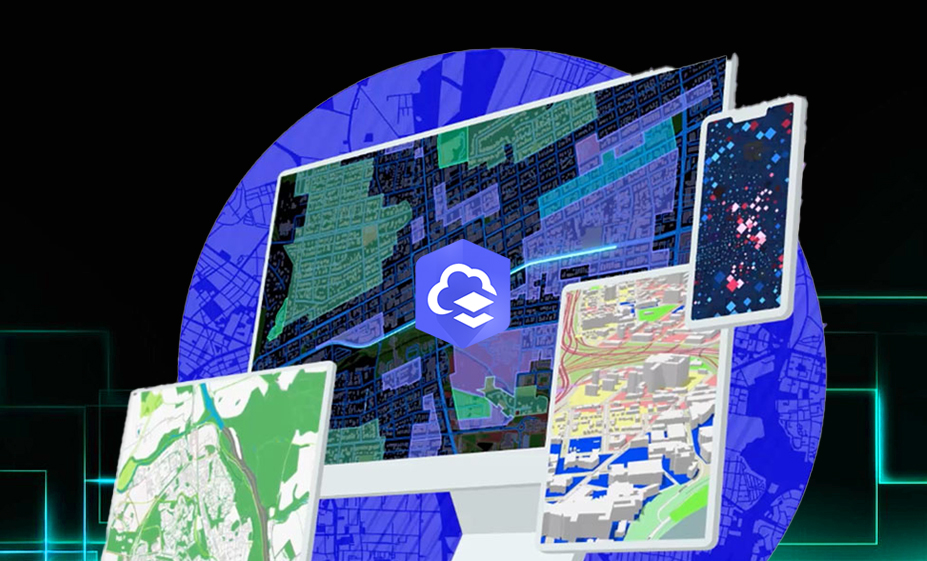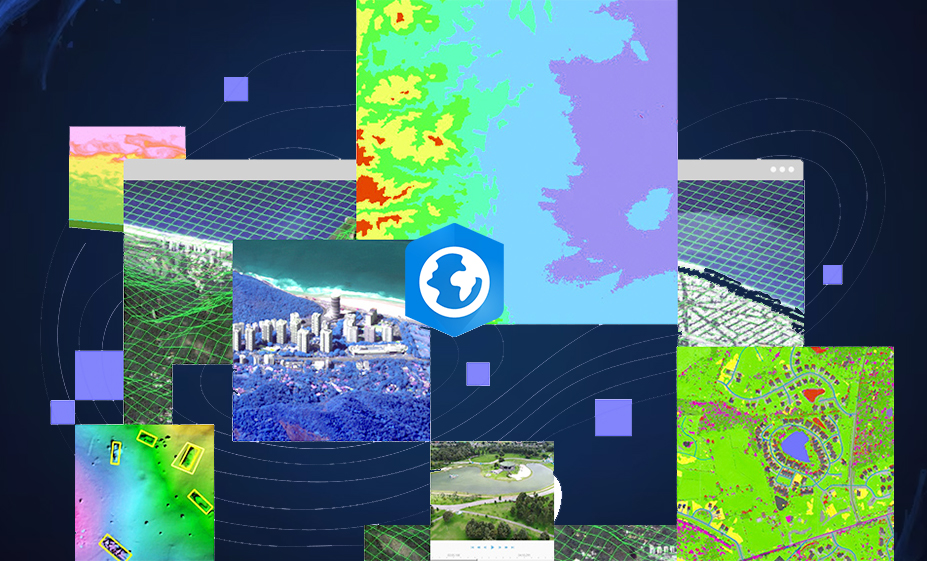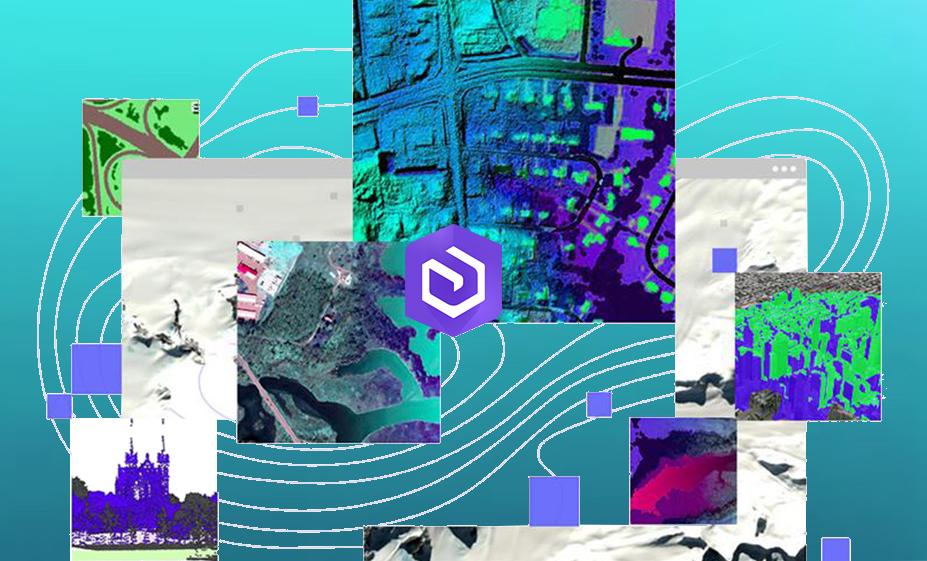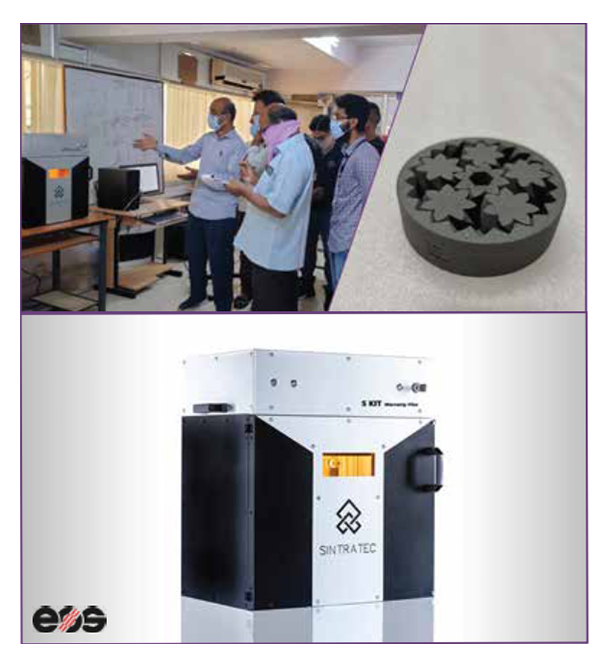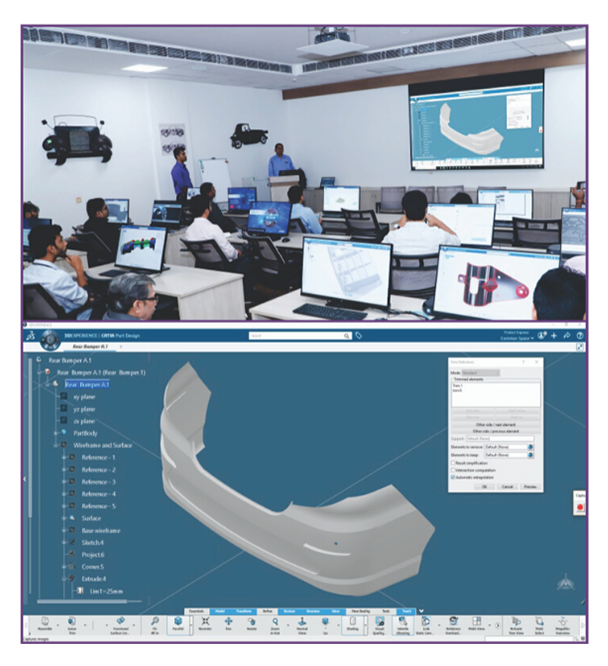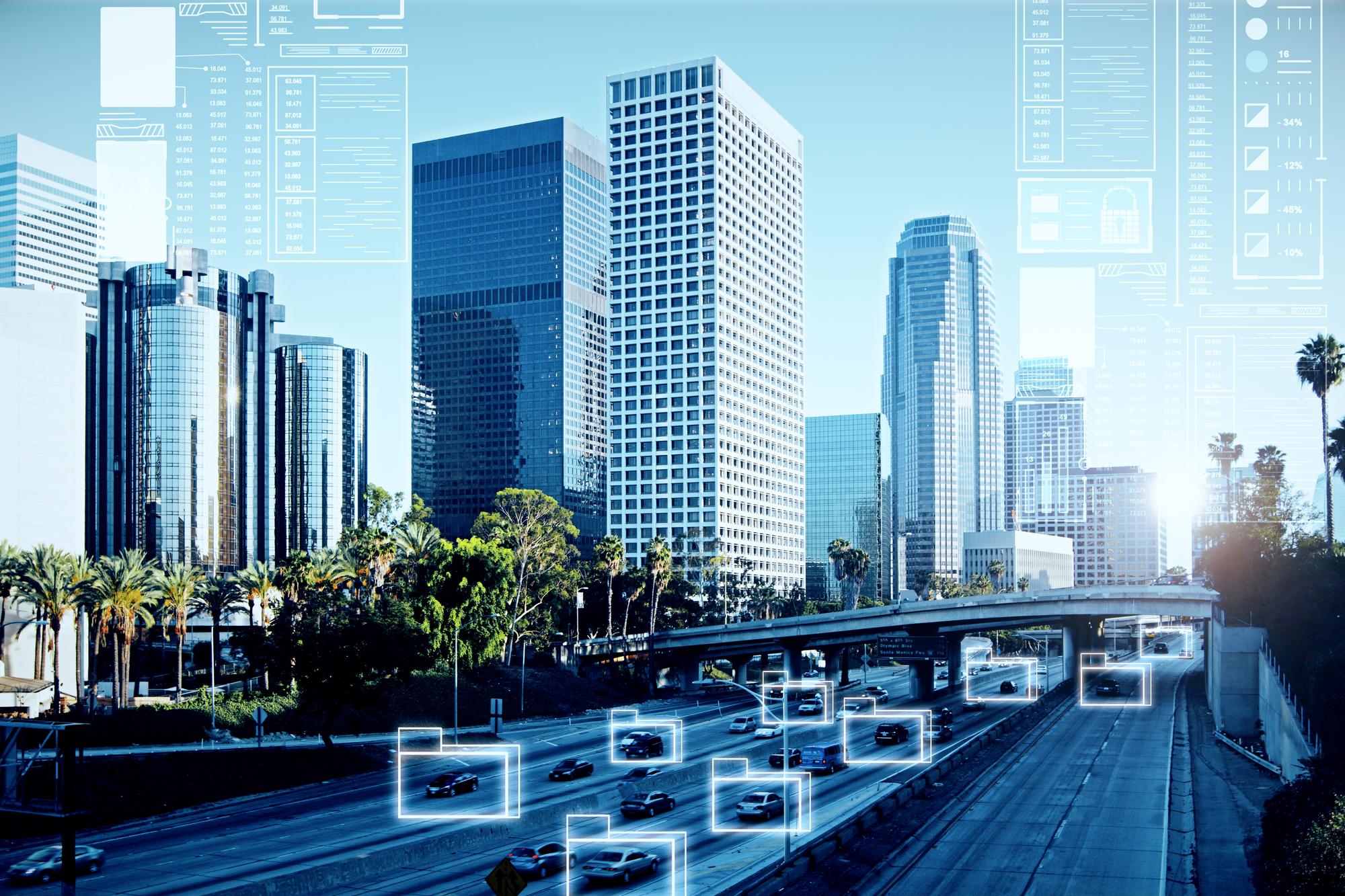Smart Cities
Optimize urban planning, infrastructure, and public services with advanced geospatial solutions. Harness the power of location-based data to improve decision-making and streamline resource allocation. Enhance sustainability, drive economic growth, and create smarter cities through innovative mapping and analytics.
Solutions for Smart Cities

Enhance Urban Mobility and Traffic Management with Geospatial Insights
Effective urban mobility and traffic management are essential for improving the quality of life in smart cities. Esri ArcGIS provides powerful geospatial solutions to help cities analyze traffic patterns, optimize public transportation routes, and reduce urban congestion. By inte

Optimize Infrastructure and Asset Management for Smart Cities with Geospatial Data
Infrastructure management is a critical aspect of running smart cities efficiently. Esri ArcGIS enables cities to monitor and manage urban infrastructure, including roads, utilities, and buildings, using geospatial data. By visualizing assets in a unified mapping system, cities can optimize maintenance schedules, plan for future infrastructure development, and extend the lifespan of critical city assets. ArcGIS ensures cities can make data-driven decisions for urban development and sustainability.

Improve Public Safety and Emergency Response with Real-Time Geospatial Analytics
In smart cities, public safety and emergency response are vital for protecting citizens and managing risk. Esri ArcGIS provides real-time geospatial analytics that enable cities to manage emergencies effectively, by integrating data from emergency services, sensors, and surveillance systems. With ArcGIS, cities can monitor incidents in real time, optimize resource deployment, and respond faster to emergencies, ensuring that public safety teams are always prepared for any situation.

Products
Trends

Build the Future of Smart Cities with GIS and Digital Twin Technology
The future of smart cities lies in the seamless integration of technology to enhance urban living, improve efficiency, and promote sustainability. However, challenges such as outdated infrastructure, fragmented urban data, and the need for real-time decision-making often hinder progress. These issues can result in inefficient resource management, poor urban planning, and an inability to effectively monitor and improve city services. ArcGIS, combined with Digital Twin technology, offers a transformative solution by creating a virtual replica of physical urban environments. This integration allows for dynamic mapping, real-time data monitoring, and predictive analytics. With ArcGIS, city planners can visualize infrastructure, simulate scenarios, and optimize resources, ensuring smarter urban development. By combining GIS with Digital Twin technology, ArcGIS helps cities make informed, data-driven decisions that enhance mobility, sustainability, and resilience, shaping the future of urban living in a more connected, efficient, and responsive way.

Improve Healthcare Delivery in Smart Cities with GIS for Data-Driven Planning and Services
As smart cities evolve, the need for efficient, data-driven healthcare systems becomes more critical. Challenges such as overcrowded healthcare facilities, unequal access to services, and inefficient resource allocation hinder optimal healthcare delivery. These issues often result in delays, gaps in care, and unmet health needs, particularly in underserved areas. ArcGIS provides a solution by harnessing geospatial data and analytics to support data-driven healthcare planning and services. Through its mapping and analysis capabilities, ArcGIS enables healthcare providers and city planners to visualize population health trends, track disease outbreaks, and optimize healthcare facility locations based on real-time data. By integrating GIS into healthcare operations, ArcGIS empowers smart cities to make more informed decisions, improve healthcare access, and deliver services efficiently. This approach ensures that healthcare resources are allocated where they are most needed, improving overall health outcomes and fostering a healthier, more resilient urban environment.

Efficient Planning and Management of Smart Cities with GIS
Efficient planning and management are essential for the success of smart cities, yet challenges such as data fragmentation, urban sprawl, and the need for real-time decision-making often complicate this process. Urban planners and city managers face difficulties in managing resources, infrastructure, and services effectively across complex, fast-growing urban environments. GIS technology, like ArcGIS, offers a powerful solution by enabling the collection, analysis, and visualization of spatial data in real-time. With ArcGIS, city leaders can map infrastructure, track traffic patterns, monitor utilities, and assess environmental impacts. This data-driven approach helps optimize resource allocation, improve transportation systems, enhance public services, and ensure sustainability. By integrating GIS into the planning and management processes, cities can streamline operations, respond more effectively to challenges, and make informed, proactive decisions to create smarter, more sustainable urban spaces.
Latest Blog Posts
Discover our most recent posts across all industries, branchs and topics.
